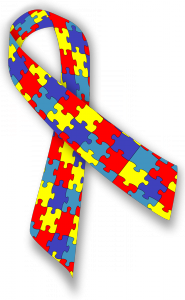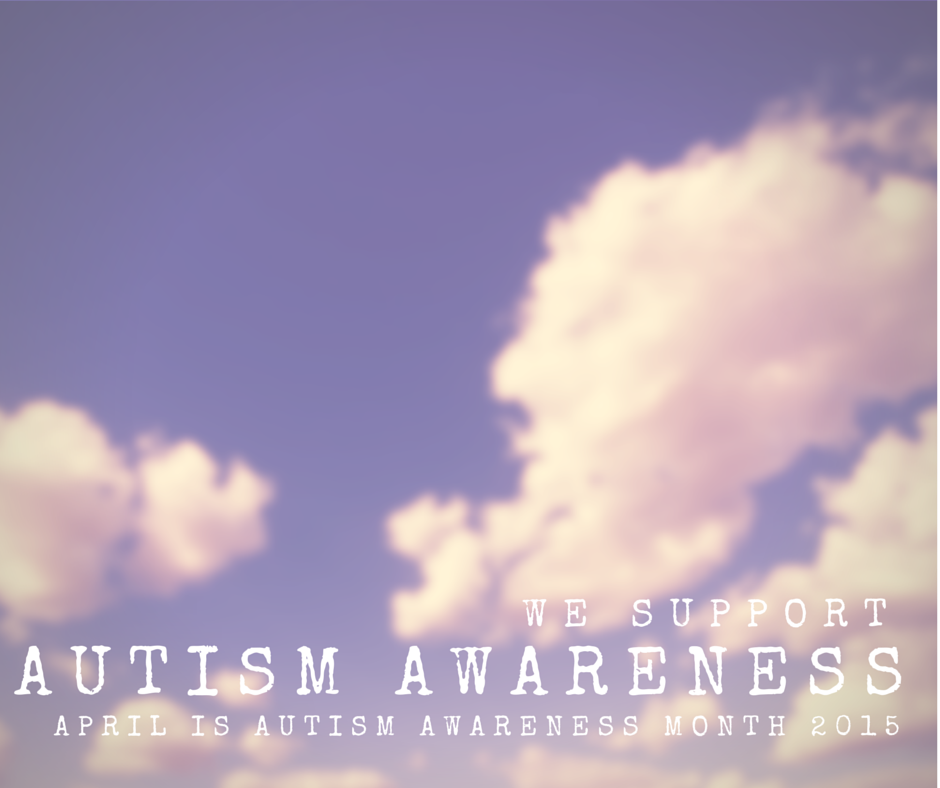Today she offers and introduction to biomedical treatments for autism. As this is a new therapy for me I’m very interested in getting feedback on biomedical treatment for autism from our readers. Please feel free to share your experiences in the comments section below.
Doherty writes:-
“1. What is biomedical treatment?
Biomedical treatment is an individualized medical treatment program to prevent and treat developmental disorders like autism spectrum disorder, ADHD, OCD, Tourette Syndrome and Speech Language Delay (Apraxia, Dyspraxia).
2. What type childhood disorders can benefit from biomedical treatment?
Biomedical treatment focuses on identifying weaknesses in a child’s body that are obstacles to development. So, any child can benefit from this program because it is the most comprehensive medical treatment plan to optimize brain development. The children who experience the most dramatic changes in language, social, cognitive and behavioural development are the children who are diagnosed with autism. They are the children who need biomedical treatment the most.
3. What is the earliest age you see?
The youngest biomedical patients are those who have siblings diagnosed with autism. Our sibling program focuses on prevention of developmental delays. Children who have a sibling on the autism spectrum are 20% more likely to be diagnosed themselves. They experience higher levels of speech delay, sensory issues, attention and focus problems and behavioural issues. Siblings are more likely to have eczema, allergies, asthma, constipation and sleep issues.
We begin more intensive biomedical treatment at the first sign of significant developmental concerns such as eye contact or visual tracking problems in infants or sensory meltdowns and self-stimulating behaviour in toddlers.
4. Can you begin treatment without a diagnosis?
It is SO UNBELIEVABLY IMPORTANT to act right away. Early intervention increases the likelihood of recovering significant and peer level language, social and cognitive function. Unfortunately, the staggering length of the waitlist means that our little ones begin treatment long before they get a diagnosis and years before they will ever receive any funded treatment. The good news is that the younger kids begin biomedical treatment, the better the outcome.
5. What type of results can parents expect to see? and how quickly?
We expect to see positive changes in 4-12 weeks. Better eye contact, decreased sensory issues, increased attempts to communicate verbally and/or non-verbally. Biomedical treatment is about repair and recovery. This process takes time and to see the best results, the treatment plans should be adjusted and changed every few months as a child moves through different stages. In the beginning, it is essential to stop further damage to the brain. The second step is to repair and then after 1-3 years our patients are on maintenance programs to continue to support their development.
6. Is the cost covered by private insurance coverage?
Many people have private insurance and biomedical treatment visits are covered by naturopathic benefits. It is important to help parents plan a monthly budget for biomedical treatments like methyl B12 injections. There are also important laboratory assessments that are done in the beginning of treatment and re-assessed throughout the process. The average yearly cost is $2000-3000. For the majority of our patients, 1-3 years of biomedical treatment creates development gains that are life changing. Biomedical works by opening doors now, doors that may remain closed because of untreated medical issues.
7. How does a family get started?
Some families like to read books or look at current medical research in this area. For those parents, we encourage them to get our biomedical handbook to get more information or to look online at www.treatautism.ca.
Other parents are ready to get started and can begin the process by contacting our clinic.
Sonya Doherty
Doctor of Naturopathic Medicine, FMAPS (candidate)
“


